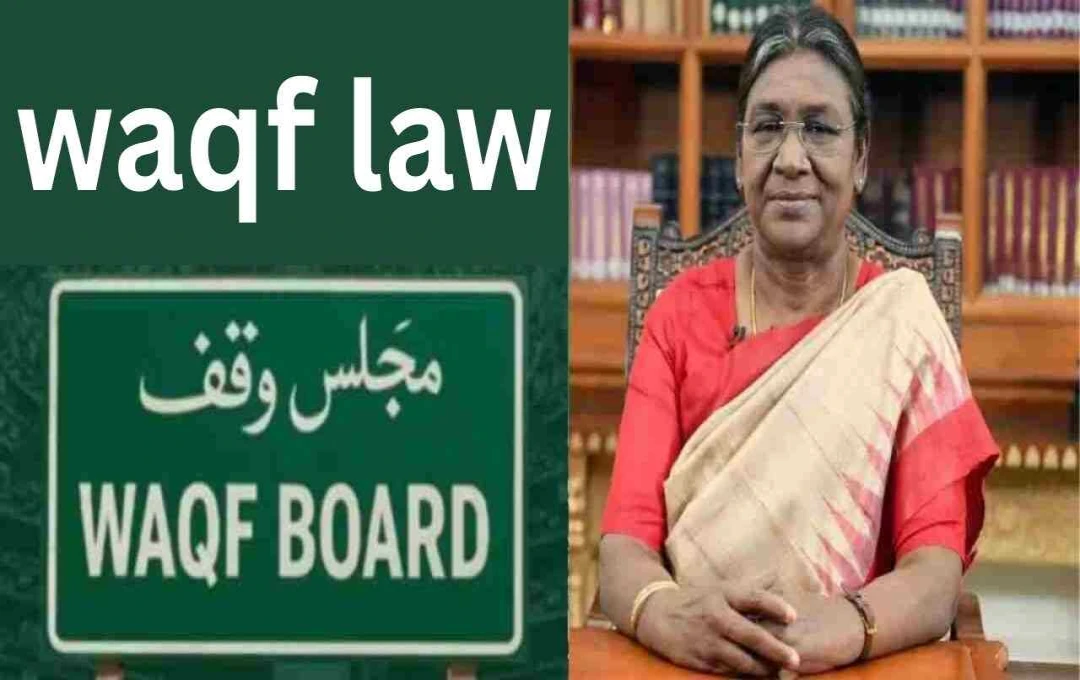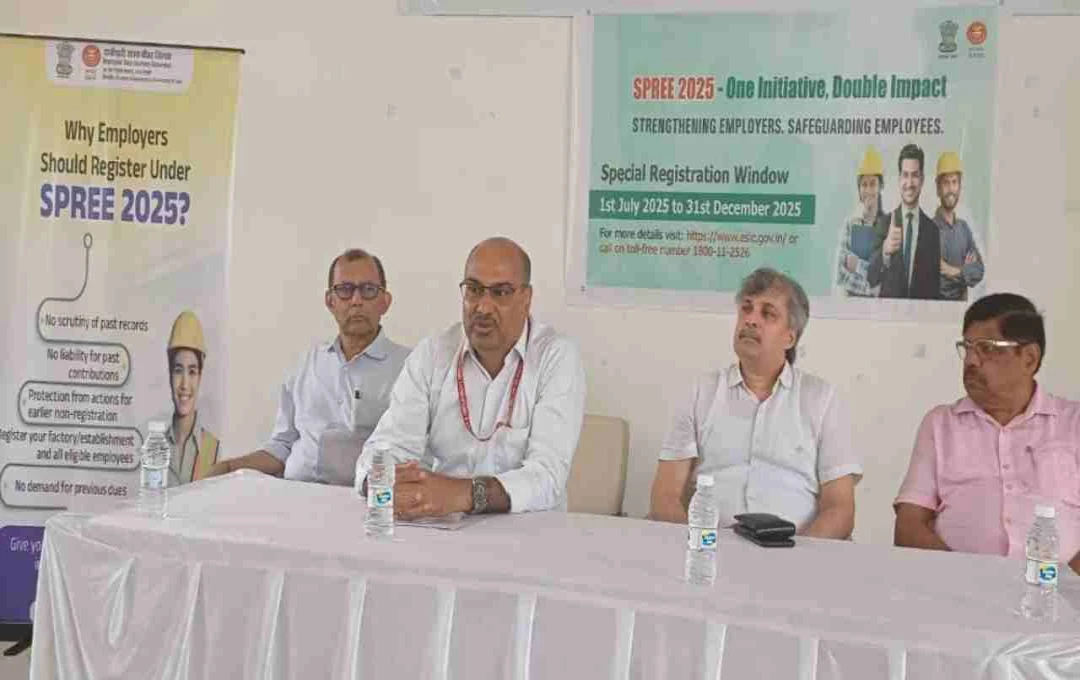The Waqf (Amendment) Bill, after being passed by both the Lok Sabha and Rajya Sabha during the Budget Session of Parliament, has now received the assent of President Droupadi Murmu. With the President's approval, the bill has become law, and the central government has issued a notification to this effect.
Waqf Bill 2025: The Waqf (Amendment) Bill 2025, passed by the Indian Parliament, has received the assent of President Droupadi Murmu. With the President's approval, this bill has become law and has been implemented through an official notification. The implementation of this law will bring about several significant changes regarding the declaration, management, and utilization of Waqf properties in the country.
What is the Waqf Amendment Bill 2025?
This bill will be known as 'Unified Waqf Management, Empowerment, Efficiency and Development (UMMEED)'. Its objective is to ensure transparency, accountability, and justice in the management of Waqf properties.
Key Features and Major Changes

1. End of Waqf Claims on ASI-Protected Monuments: Waqf boards will no longer be able to claim any monument or historical site protected by the Archaeological Survey of India (ASI).
2. Prohibition on Declaring Government Property as Waqf: Under this new law, no government land or building can be declared as Waqf property.
3. Protection of Tribal Areas: A complete ban has been imposed on declaring any land as Waqf property in tribal-dominated states under the 5th and 6th schedules.
4. Donor Must Be a Muslim for Five Years: Any donation as Waqf property will be valid only if the donor has been practicing Islam for at least five years.
5. Rights of Women in Waqf Properties: Muslim women will now receive inheritance and share in Waqf-al-Aulad (family Waqf). Widows, divorced women, and orphans will also receive entitlements.
Non-Muslim Members and Transparent Management
Non-Muslim members can now be appointed to the Waqf Board.
The appointment of two women members will be mandatory.
Marginalized, backward Muslim communities, and women will have representation in the decision-making process.
Verification and Strengthening of Records
Mandatory verification will be conducted before declaring any property as Waqf.
District Collectors will survey Waqf properties and confirm ownership.
Waqf institutions with an annual income exceeding ₹1 lakh will be required to undergo mandatory annual audits.
Mutawallis (trustees) will have to register details of their properties on the Waqf portal within six months.
The Limitation Act, 1963, will now apply to Waqf properties, reducing protracted property disputes.
How the Bill Was Passed in Parliament?

Lok Sabha Voting: 288 votes in favor, 232 against.
Rajya Sabha Voting: 128 votes in favor, 95 against.
The bill was passed in both houses not by voice vote but by division.
The Waqf Amendment Act 2025 will promote transparency, accountability, and legal clarity regarding religious properties in India. This law will not only protect government and public interest properties but also strengthen the rights of marginalized sections such as tribal communities and women.













